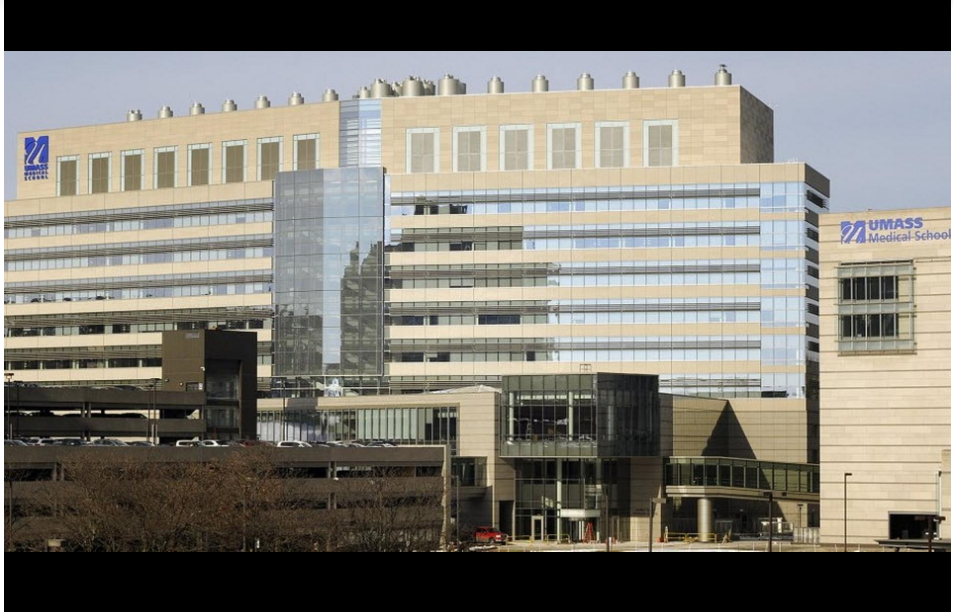
WORCESTER – In a city like Worcester, one of the first challenges many residents face when seeking health care is just being able to physically reach it.
“A lot of the problems are really social problems,” said Vivian Thu, a premed student at Clark University and scribe at the Family Health Center of Worcester. “A lot of people don’t know much about health care or how to access it – some are even scared to come in.”
The public health conundrum is the inspiration for a new event hosted by UMass Medical School this weekend called the WooHealth Hackathon. The first-of-its-kind summit gathered around 65 students, including Thu, from nine colleges and universities in the region to solve the problem.
Friday night saw the kickoff to the event, while the bulk of activities taking place Saturday. Similar to other “hackathons” that have become a common format in the technology sector, the event broke participants up into teams, which were then given a short amount of time to brainstorm and develop a practical solution to the competition’s central problem.
“It’s a creative way to get young people together – people with different experiences and different expertise,” said Dr. Melissa Fischer, who specializes in internal medicine at UMass. The participants came from “geography, sociology, biomedical engineering, gaming,” she added. “It’s a pretty wide range of backgrounds.”
Developed by UMass Medical School in partnership with the Academic Health Collaborative of Worcester, based at the Worcester Division of Public Health, the hackathon drew students from Assumption College, Becker College, Clark University, the College of the Holy Cross, MCPHS University, Worcester State University, Worcester Polytechnic Institute and Quinsigamond Community College, in addition to the medical school itself. There were also around 50 faculty and other community members involved, according to Fischer.
The idea for the focus of the event, she said, mostly sprang from the city’s recent efforts to pinpoint community health areas of need through its community health assessments. In last year’s assessment, “transportation really came up as one of the big issues,” said Kelsey Hopkins, academic health collaborative coordinator for the city’s public health division, including as an obstacle to access to health care.
Other factors affecting the city’s diverse, low-income communities also contribute to the problem, from the difficulties those residents may have finding time to schedule visits and paying for them, to cultural and language barriers.
The end result is an inefficient health care delivery system that tends to find those people when their health problems have become more advanced – and expensive to treat.
“I think we’ve shown over and over again a very small percent of the population uses a very large percentage of the health care dollars,” said UMass Chancellor Dr. Michael Collins. “Part of that is because they tend to get sicker, because of the lack of access to care.”
“Overall, health care fails in a lot of ways” because of its inability to help those residents obtain preventive care, said Dr. Matilde Castiel, the city’s health and human services commissioner, who added the same issues tie into other public health crises like drug addiction and homelessness.
Thu and her fellow Clark students were eager to tackle the issue, overwhelming as it may be, having seen it up close through their work at the Family Health Center. “I think the diversity (of the participants) is the most exciting part” of the hackathon, said Koki Hayashi, who is also in premed at Clark.
Their efforts won’t just result in theoretical advances. Hokpins said the event organizers were able to secure around $6,000 in seed money to put into practice the best solution, or solutions, that come out of Saturday’s brainstorming sessions.
This won’t be the last hackathon, either, according to Fischer, who said they hope to make it an annual event in Worcester.
Article Credit: telegram
